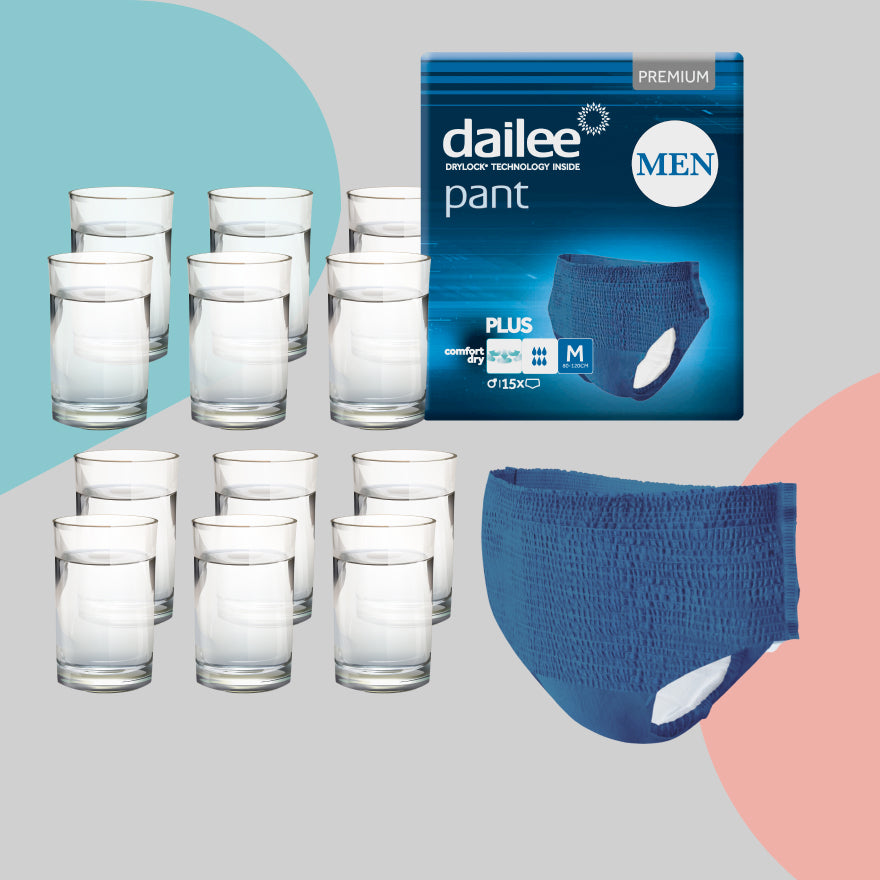Introduction
Prostate stones, although there is less often talk about it, affect a considerable number of men as they get older. Studies have shown a prevalence between 7% and 70%, which indicates the need for further research. Despite their prevalence, many people are not aware of the possible impact of these stones on the health of the prostate.
In this article we discuss the causes, the origin, symptoms and treatment options for prostate stones.
What are prostate stones?
Prostate stones are small deposits of calcium and phosphate that form in the prostate gland. They can vary in size and number. Although they are often innocent, they can sometimes cause serious symptoms.
Causes of prostate stones
There are various factors that contribute to the formation of prostate stones. One of the main causes is chronic prostatitis, a prolonged inflammation of the prostate. Other factors can be:
- Age: Older men have a higher risk. Prostate inflammation can occur at a younger age. However, as men get older and the prostate increases in size, the chance of the formation of prostate stones also increases. Almost every man over 60-65 years old develops one or more of these stones in the prostate.
- Power supply: A diet rich in calcium can contribute.
- Hydration: Insufficient moisture intake can increase the chance.
- Urinary retention: Problems with completely emptying the bladder.
Symptoms of prostate stones
Not everyone with prostate stones experiences symptoms. When symptoms occur, they can vary from mild to serious. Some common symptoms are:
- Pain in the lower abdomen or lower back
- Difficulty urinating or a weak urine bead
- Frequent urination, especially at night
- Blood in the urine or sperm
- Pain during ejaculation
However, many of these symptoms can also be the result of other disorders such as urinary tract infections or incontinence. If you have these symptoms, consult your doctor immediately for a diagnosis.
Diagnosis of prostate stones
The diagnosis of prostate stones often starts with a visit to the doctor. The doctor will perform a physical examination and can recommend additional tests, such as:
- Urine examination: To exclude infections.
- Ultrasound: For a detailed image of the prostate.
- CT scan or MRI: For a more accurate diagnosis.
Treatment options for prostate stones
The treatment of prostate stones depends on the severity of the symptoms and the size of the stones. Possible treatments are:
- Medication: To relieve the symptoms and reduce inflammation.
- Hydration: Drinking a lot of water can help flush small stones.
- Surgery: In severe cases, surgery may be needed to remove the stones.
- Minimum invasive procedures: Such as laser treatment for crushing stones.
Prevention of prostate stones
Preventing prostate stones is not always possible, but there are some measures that men can take to reduce the risk:
- Healthy diet: Avoid foods with a lot of calcium and eat a balanced diet.
- Stay hydrated: Drink enough water during the day.
- Regular checks: Have the prostate checked regularly, especially if there are risk factors.
Prostate stones and comfort: why leak -free underwear is a smart choice
Prostate problems such as prostate stones can lead to uncomfortable symptoms, including urine loss. This inconvenience can hardly disturb daily life. Many men are therefore looking for solutions to feel more secure and comfortable. A practical and effective solution is to wear washable, leak -free underwear.
Leak -free underwear for men is specially designed to catch minor accidents and absorb moisture without having to use a disposable product. This underwear offers discreet comfort and helps men with prostate -related problems to move more freely. Moreover, it is sustainable and friendly for the environment, because you can simply wash it and reuse it.
By opting for washable, leak -free underwear you can rely on both comfort and certainty, even with difficult prostate complaints such as prostate stones. This way you can focus your attention on what is really important, without worries about discomfort or uncertainty.
Conclusion
Prostate stones can cause discomfort and health problems, but with the right knowledge and treatment these complaints can be effectively managed.
















